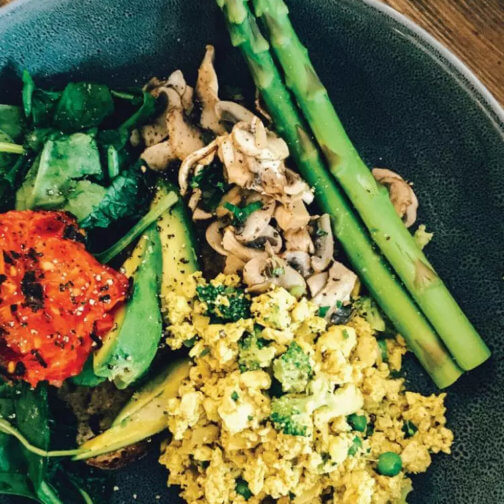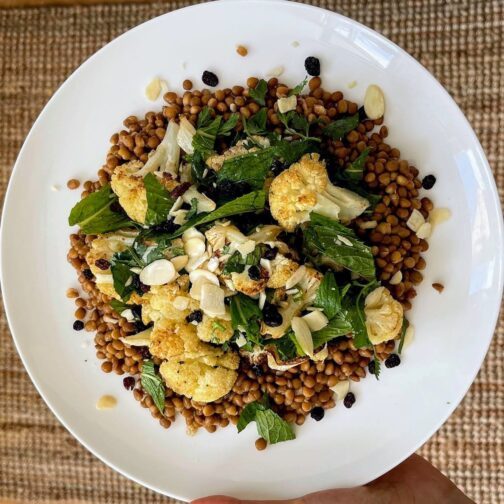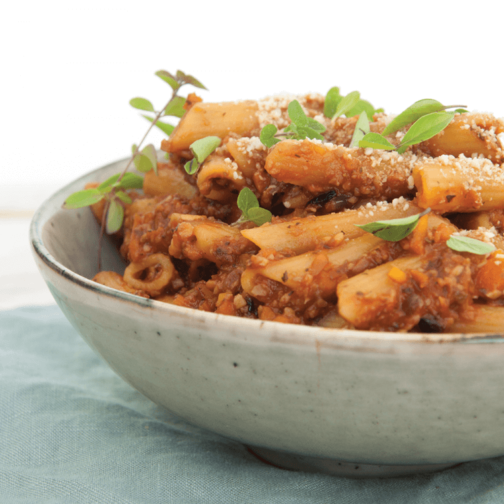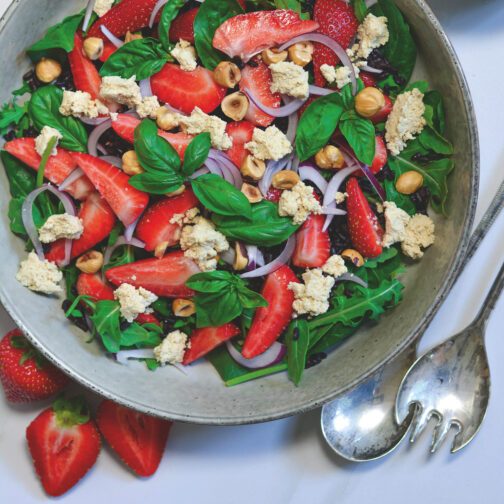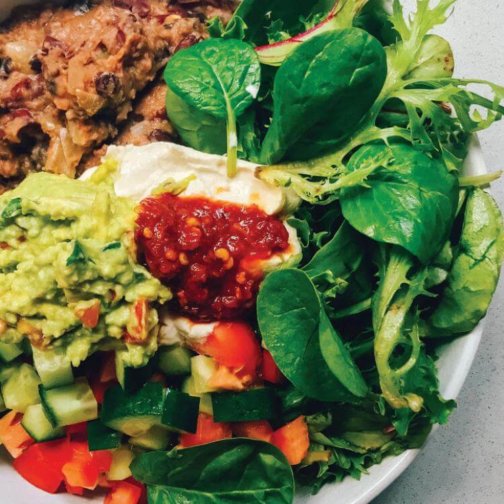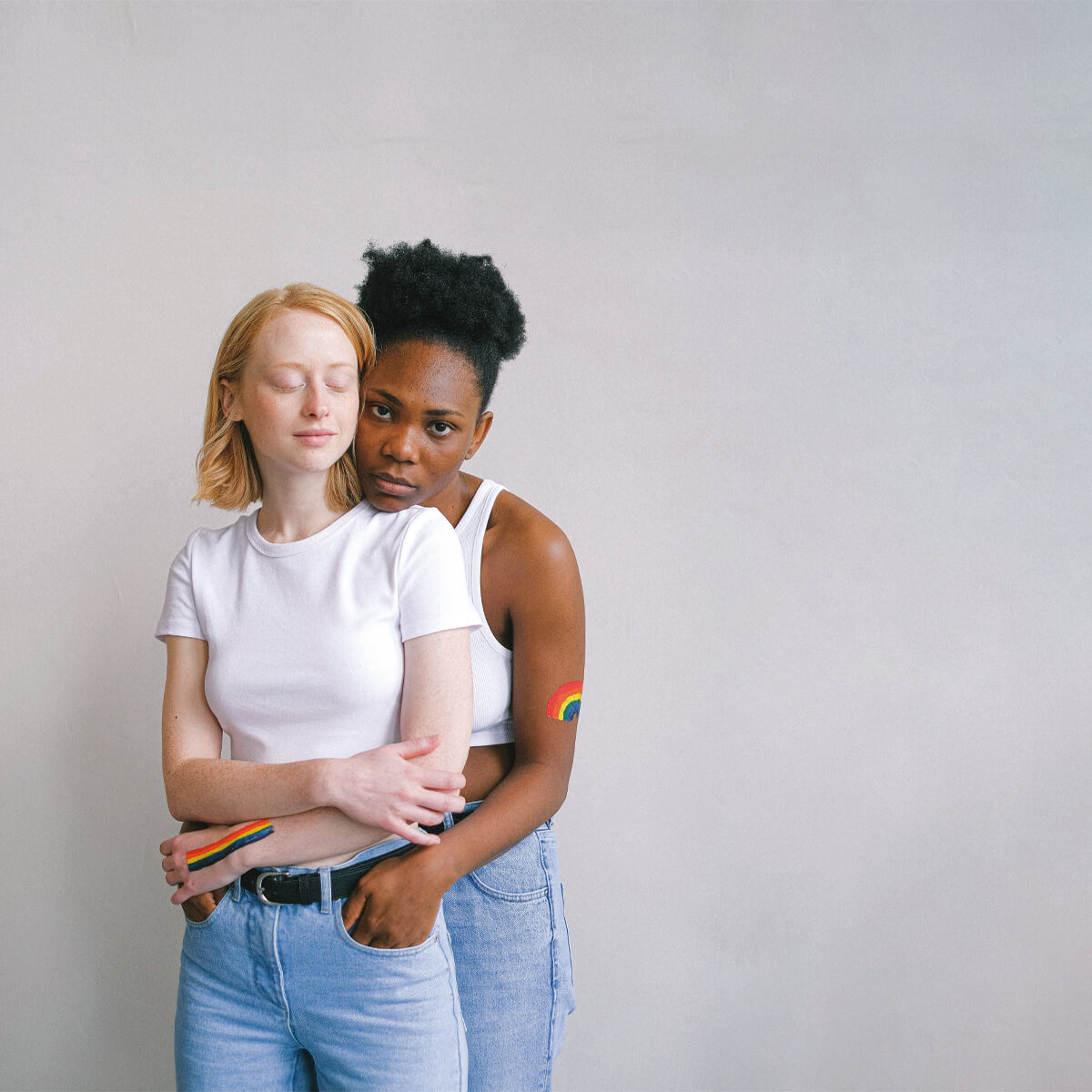
What does ‘intersectional’ mean and how does it relate to veganism and animal advocacy?
Intersectionality. Is it a conspiracy theory heralded by the ‘woke’ brigade that fetishises victimhood? Or a valuable and essential concept to create a kinder, more equitable world for all? Intersectionality is both, depending on who you ask – literally – because its meaning centres on identity.
The term intersectionality was coined in 1989 by American lawyer, Professor Kimberlé Crenshaw as a legal concept to describe how different forms of discrimination, such as race, class, or gender overlap – or intersect – particularly in the experiences of marginalised people or communities. For example, the lived experiences of women of colour are different from those of white women, or men of colour. A woman of colour can experience multiple discriminations at the same time based on her race, sex, sexual orientation, and possibly class, among others.
In recent years, other social justice movements have started to take an intersectional approach to their advocacy, recognising the complex structures of privilege and oppression that are inherent in our patriarchal and predominantly capitalist world. These groups include those campaigning for LGBTIQ+ rights, disability rights advocates, and animal activists and vegans.
INTERSECTIONALITY AND VEGANISM
So, what has intersectionality got to do with veganism? Basically, it’s about not viewing animal rights through a single-issue lens or promoting the vegan philosophy and lifestyle with a ‘one-size-fits-all’ approach.
As critical race studies professor and author of Sistah Vegan, Dr A Breeze Harper points out, for example, the use of the term ‘cruelty-free’ to describe vegan products fails to acknowledge that while those items may be animal-free, they may have involved cruelty to humans – in most cases, financially disadvantaged, non-white people who already suffer from systemic racism. According to the Food Empowerment Project, thousands of people, including children, work as slaves in horrific conditions in West African countries, mostly Ghana and the Ivory Coast, the leading exporters of cocoa beans to the West. This means that your vegan chocolate may not be free from cruelty or exploitation.
Taking an intersectional approach in your advocacy means not oppressing or supporting the oppression of other marginalised groups while advocating for liberation and equality for those who are part of the cause you’re passionate about. In the vegan movement, this means non-human animals. So, when creating campaigns, being intersectional means you do your best to be inclusive and avoid actions and materials that vilify, shame, or reinforce negative stereotypes towards other people or cultures. If you’re using images of people, it’s about making sure they reflect diversity in regard to culture, race, gender, age, body shape, and ability.
Intersectionality means unpacking the complex structures of privilege and oppression. It means acknowledging your own privilege in one area, even if you’re also oppressed in another. It means becoming aware of your unconscious privileges that are so culturally ingrained, you don’t even understand that you benefit from them. It means being honest about any unconscious biases you may hold towards certain groups that result in ‘othering’ – whereby you believe they are ‘less than’ you.
The mainstream vegan movement has for many years preferenced the voices, stories, and faces of white people, leaving communities of colour feeling left out and perpetuating the myth that veganism is only for middle-class white hipsters. “I saw the mainstream vegan movement and I didn’t feel like I fit there. And then when I’d talk to my black friends about veganism, they’re just like, ‘Girl you on that white people stuff’,” says filmmaker Jasmine C Leyva in an interview on the Conversations with Vegan Women Leaders podcast. “I felt invisible.”
In response to this invisibility, Los Angeles-based Leyva made a documentary The Invisible Vegan in 2019. “Vegan documentaries till then were very Eurocentric with typically a white male lead, and if you saw black people in the narratives, they were mainly the people that needed to be saved,” she says. “This is why people associate veganism with whiteness, because veganism is only presented through whiteness.” Leyva says that for African-American communities, health is often the catalyst leading them to embrace plant-based eating, rather than animal rights and that it’s important to meet people where they’re at rather than try to force your own narrative onto them.
Intersectionality as it pertains to veganism involves critically examining other aspects of an issue in addition to our concerns about animal cruelty to see what common ground there is between oppression and exploitation of animals and humans. This approach offers opportunities for coalitions and allyship, and the potential for a win for all parties.
ARGUMENTS AGAINST INTERSECTIONALITY
Not everyone in the vegan and animal advocacy movements is a fan of intersectionality. One of the major objections is that it results in ‘cause hierarchy’ that often places animal rights at the very bottom of the ladder. Some argue that intersectionality is ‘weaponised’ by people in other social justice movements to shut down discussion about animal rights or atrocities inflicted on animals, and to continually place humans at the centre of the conversation. For others, it’s a case of frustration at not having the time or energy to become familiar with every single cause and living in fear of being constantly called out on ‘mistakes’ in their actions or language.
Regarding language, there are people both within and outside of the vegan movement who object to what they regard as an intersectional approach of making direct comparisons between the oppression and exploitation of people to that of animals.
Terms such as ‘rape’, ‘slavery’, and ‘holocaust’ are particularly controversial, unless they are coming from people who are part of communities that have experienced these atrocities. While many animal advocates see obvious analogies of animals being enslaved, the sheer numbers of those killed as a holocaust, or the forcible insemination of dairy cows being akin to rape, using these terms is often detrimental to the cause. This is because people who have experienced the trauma and long-term impacts of these atrocities are often further traumatised by the comparisons and are unable to hear the animal rights message.
WHAT ABOUT COMPASSION FOR ALL?
How can we advocate for animal rights without acknowledging and supporting human rights? This is the major reason for taking an intersectional approach to veganism, since veganism is about kindness and compassion to all beings.
Due to overlapping systems of inequalities, only privilege allows for a single-issue focus. It also makes us hypocritical if we’re urging people to ditch dairy chocolate because of the cruelty to cows and swap it for chocolate that’s been made by exploited people. If we want as many people as possible to embrace our message of animal rights and veganism, we need to do it in a way that people with different lived experiences can hear it and be open to it, rather than dismiss it.
For other social justice movements to take veganism and animal advocacy seriously, we need to show acknowledgement and basic understanding of their issues. While Crenshaw may not have had animal advocacy or veganism in mind when she coined the term 32 years ago, or even now for that matter, the point of intersectionality – as described by her in an article on Vox in 2019 – is to make room “for more advocacy and remedial practices” to create a system that’s fair to all. And that’s something we can surely all agree on.



